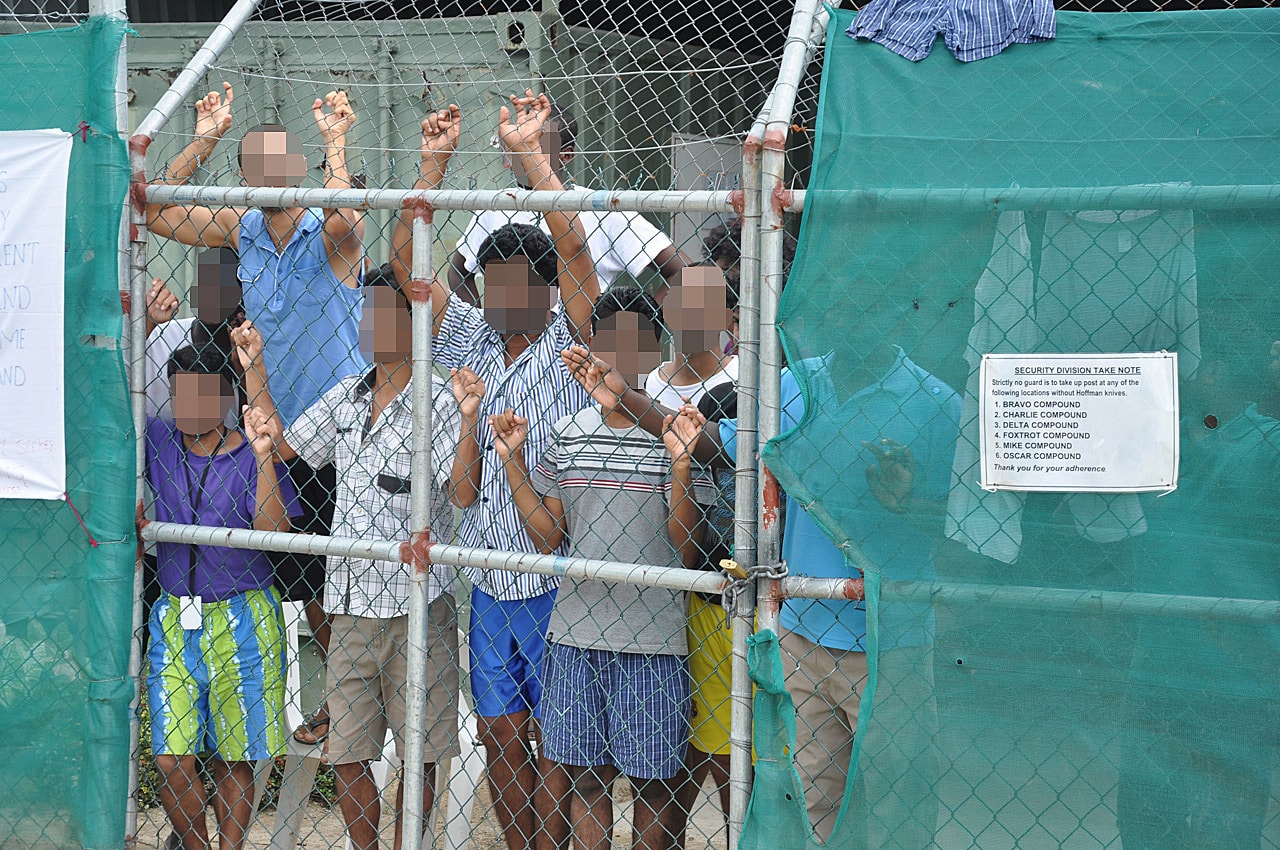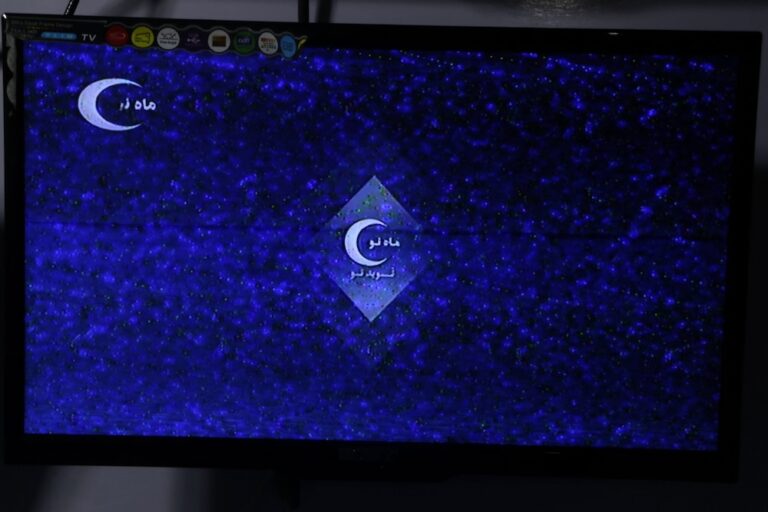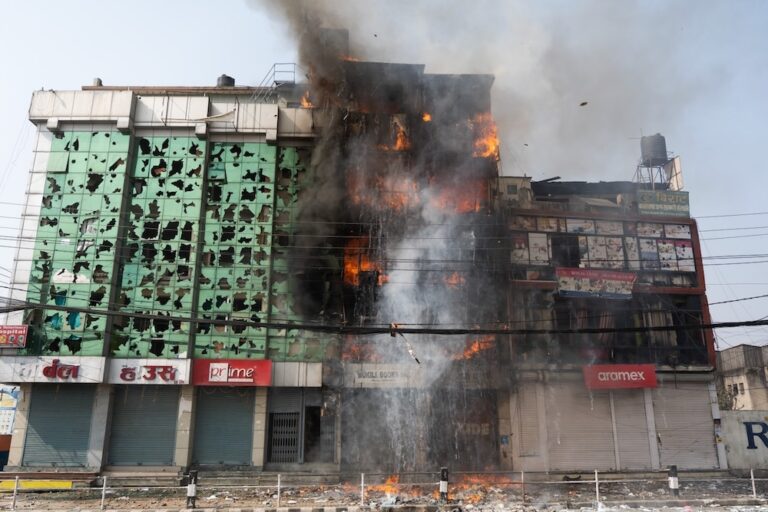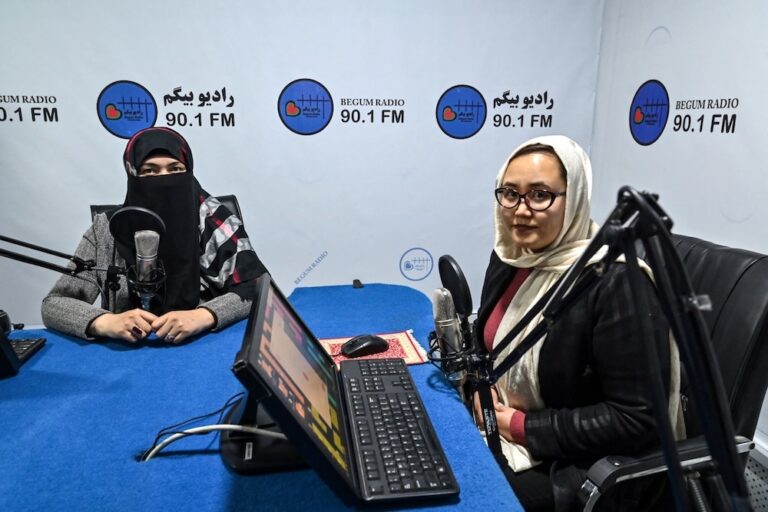February: Censorship in Malaysia and Pakistan; deadly attacks against journalists in Bangladesh and Pakistan; global action to support three Iranian refugees
A Malaysian activist could face three years in jail merely for failing to get a government permit to screen a human rights film, which was widely distributed and watched globally. Lena Hendry was convicted by the courts on 21 February 2017 for organising a public screening of the documentary “No Fire Zone: The Killing Fields of Sri Lanka” by British filmmaker Callum Macrae, in July 2013. While her colleagues at Pusat KOMAS, an organisation supports independent human rights films in Malaysia, were let off the hook, Hendry was targeted for prosecution by the authorities. A magistrate’s court found her guilty under the Film Censorship Act 2002 and is expected to announce the sentence on 22 March. The Centre for Independent Journalism said the conviction was a violation of the fundamental right to access information and of freedom of expression.
Standing by #LenaHendry https://t.co/c5s4BEbIb0
— Low Ngai Yuen (@ngaiyuen) February 21, 2017
The authorities reportedly said they received public complaints, but DRF says decisions to block websites are made arbitrarily and without transparency. Access remains blocked in Pakistan, although it is available to users outside the country.
Safety of journalists
Threats against journalists resulted in at least two deaths across the region in February. In Bangladesh, journalist Abdul Hakim Shimul of the daily Samakal newspaper died from gunshot wounds on his face, sustained while covering a political party clash on 2 February between rival factions of the ruling Awami League. The Committee to Protect Journalists (CPJ) called for swift investigations, while local media reported that a local mayor from the party, Halimul Haque Miru, had been arrested as the prime suspect in the murder.
Reporters Without Borders cautioned that the authorities had tried to gag Abdul Hakim Shimul’s wife by offering her a job after she lodged a complaint against the party members.
In Pakistan, 22-year old Taimoor Khan, who worked as cameraman for Samaa TV, was fatally shot in the head and chest when the van he was travelling in was attacked by unidentified assailants on 12 February. Khan was on assignment in north Nazimabad, Karachi to report on an attack on the police, according to the International Federation of Journalists. In a statement, the International Federation of Journalists expressed disappointment that the Pakistani government had failed to improve security for journalists. The Pakistan Press Foundation said journalists groups in the country condemned the killing even as police said they had formed two teams to investigate the deadly attack. The militant group, Tehreek-i-Taliban, claimed responsibility for the attacks on the police and Samaa TV, which the CPJ said demonstrates the secondary attacks that placed journalists at risk.
Take Action
In Australia, the Media, Entertainment & Arts Alliance (MEAA) mobilised support to call on the government to resettle journalist Behrouz Boochani, actor Mehdi Savari and cartoonist Eaten Fish in Australia. The three are from Iran and seeking asylum, have spent more than three years in Manus Island, where refugees are processed for resettlement. In a letter signed by international free expression groups, writers, journalists, cartoonists and performers, MEAA said the three have “courageously continued to practice their vocations on Manus Island despite their incarceration.” Last September, the Cartoonists Rights Network International (CRNI) named Eaten Fish a recipient of the 2016 Award for Courage in Editorial Cartooning, for his work in documenting abuses in the centres while facing his own mental and physical challenges. The New York Times recently worked with Boochani, who prepared a video diary, to show the world what life on Manus Island in Papua New Guinea was like.



